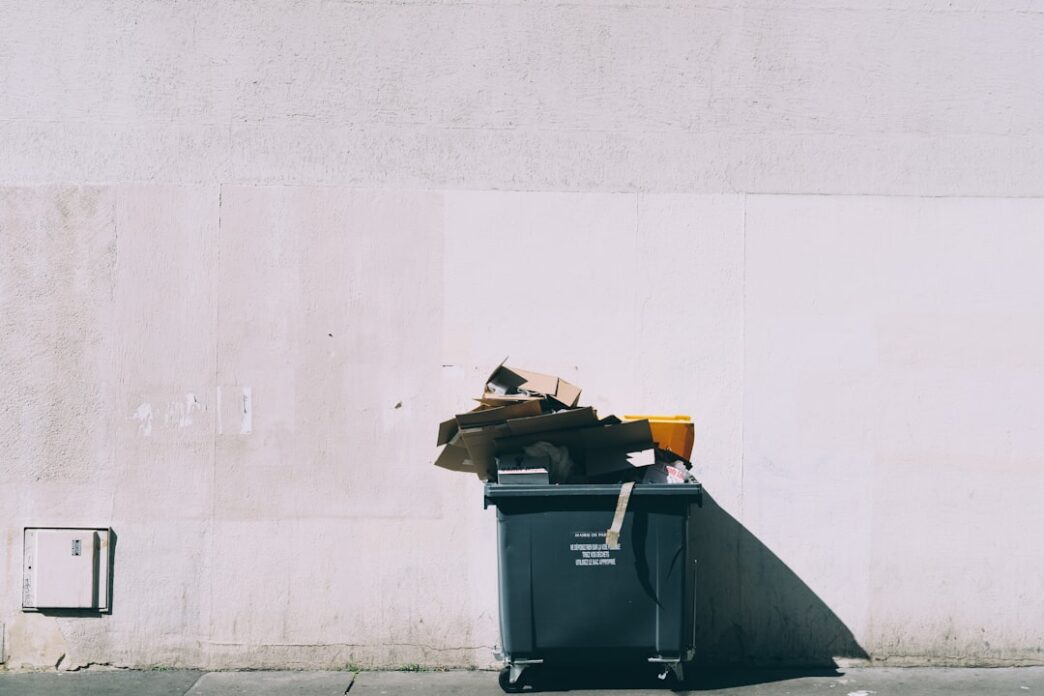As environmental concerns escalate, a new economic paradigm is emerging that seeks to redefine how we view resources and waste. The circular economy, a model that emphasizes the continual use of resources and the minimization of waste, presents not only a solution to the pressing issue of sustainability but also a significant opportunity for economic growth. This transformation is gaining traction across various sectors, shifting the focus from a linear “take, make, dispose” approach to one that prioritizes regeneration and resource efficiency.
Consider the case of the Ellen MacArthur Foundation, a leading organization championing the circular economy. Their initiatives have inspired numerous companies worldwide to rethink their production and consumption models. For instance, the fashion industry, notorious for its wastefulness, is undergoing a radical overhaul. Brands are now adopting practices like clothing rental, recycling programs, and upcycling to reduce their environmental footprint. The impact is profound: according to a report by McKinsey, a circular approach in fashion could contribute $560 billion to the global economy by 2030.
But the shift towards a circular economy is not just about saving the planet; it has significant implications for economic inequality. Traditionally, marginalized communities have borne the brunt of waste management issues—living near landfills or in polluted environments. By promoting circular practices, cities can create green jobs that provide better wages and working conditions for these communities. For example, in Amsterdam, the city has embraced circular initiatives that not only aim to reduce waste but also foster local employment opportunities in recycling and refurbishment sectors. This integrated approach can help bridge the economic divide, offering disadvantaged groups a chance to participate in the green economy.
Countries that have prioritized circular economy policies are observing tangible benefits. In Sweden, government incentives for recycling and reuse have led to a significant reduction in waste sent to landfills, creating jobs in recycling facilities and second-hand markets. And while the circular model is gaining popularity in wealthier nations, developing countries stand to gain even more. By adopting these practices early on, nations like Kenya have the opportunity to leapfrog traditional industrial models and establish sustainable economies that can thrive without the burden of excessive waste.
The transition to a circular economy is not without its challenges. It requires a fundamental shift in consumer behavior and a re-evaluation of business priorities. Education plays a crucial role; consumers must understand the value of sustainable choices. Companies, too, need to invest in innovation, developing new materials and processes that align with circular principles. Yet, the potential rewards are immense, both environmentally and economically.
For policymakers, the circular economy represents a means to foster resilience against market fluctuations and resource scarcity. As supply chains face disruptions—exemplified by the COVID-19 pandemic—the emphasis on local and sustainable sourcing becomes ever more critical. By encouraging circular practices, governments can fortify their economies against such shocks, paving the way for a more stable and equitable future.
In conclusion, the circular economy is not merely a trend; it is a transformative movement poised to reshape our economic landscape. By turning waste into wealth, we can not only tackle pressing social and environmental issues but also create a more inclusive and sustainable economy for all. The path forward is fraught with challenges, yet the vision of a circular economy offers a compelling roadmap to a brighter future.











